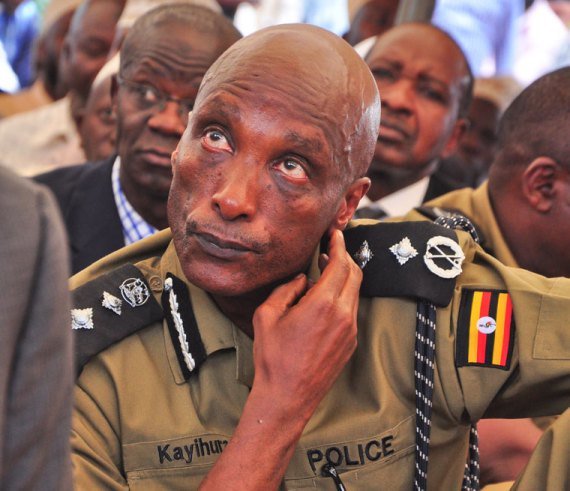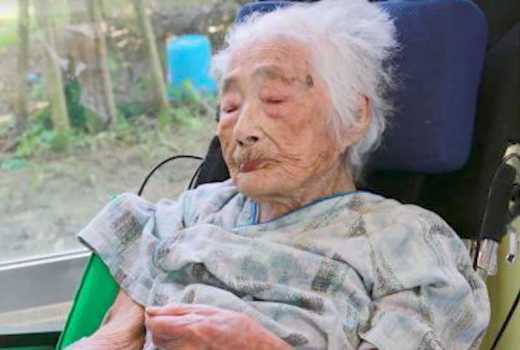Death threats to top members of Kenya’s divided electoral body are endangering preparations for a rerun of last month’s annulled presidential election, a senior official at the authority said.
Following that election, economic growth slumped to 1.7 percent in 2008 from 7.1 percent a year earlier and the shilling plunged as much as 15 percent against the dollar. Kenya is the world’s biggest black-tea exporter and serves as an East African hub for companies including General Electric Co. and Coca-Cola Co.
Chebukati didn’t answer his mobile phone when Bloomberg tried to contact him. IEBC spokesman Andrew Limo said the commission will provide comment on Monday.
The declaration of President Uhuru Kenyatta as the winner of last month’s vote sparked protests and led to clashes between security forces and opposition supporters in which 24 people died, according to the Kenya National Commission on Human Rights. Opposition leader Raila Odinga, 72, has demanded sweeping changes at the commission, including the removal of Chief Executive Officer Ezra Chiloba before the rerun takes place.
The ruling Jubilee Party led by Kenyatta, 55, has rejected any changes to the commission.
No Consent
In a Sept. 5 memorandum to Chiloba, Chebukati demanded to know why a user-name created in his name and without his consent had been used to log onto the electoral authority’s computer system more than a thousand times. He also sought responses on why satellite phones distributed to constituencies for results transmission failed to work, along with the absence of security features on ballot papers and the failure of the IEBC’s election-results transmission system.
Three calls to Chiloba’s mobile phone and a text message requesting comment weren’t answered.
The split among the commissioners is preventing Chebukati from firing staff members complicit in the failed August vote, according to the official. The chairman doesn’t have veto powers and has only two of the at least four commissioners needed to back his decisions, the official said.
The opposition alliance led by Odinga wants a “thorough, independent, transparent, end-to-end audit and quality assurance” of systems prior to the vote.
The electoral body will hire an international firm to conduct an independent audit of computer servers. The audit and a detailed written judgment from the Supreme Court, due out this week, could be used remove staff complicit in the August vote, the official said. IEBC commissioners want the audit in order to know whether its servers were hacked, as alleged by the opposition, after the authority failed to comply with a Supreme Court order to open the computer servers to scrutiny, the official said.
The current state of affairs means the commission may need divine intervention to pull Kenya back from the brink of a crisis, the official said. Some commissioners have taken hard-line positions and may not realize the gravity of the situation, the official said.
Bloomberg





